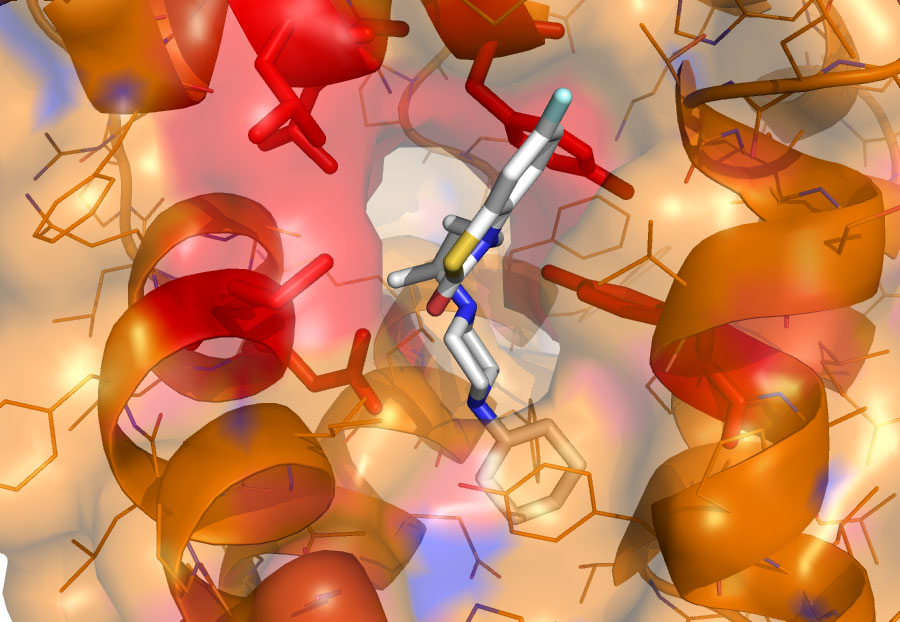Two Common Compounds Show Effectiveness Against COVID-19 Virus in Early Testing
by Doug Bennett
UF Health
A pair of over-the-counter compounds has been found in preliminary tests to inhibit the virus that causes COVID-19, University of Florida Health researchers have found.
The combination includes diphenhydramine, an antihistamine used for allergy symptoms. When paired with lactoferrin, a protein found in cow and human milk, the compounds were found to hinder the SARS-CoV-2 virus during tests in monkey cells and human lung cells.
The findings by David A. Ostrov, Ph.D., an immunologist and associate professor in the UF College of Medicine’s department of pathology, immunology and laboratory medicine and his colleagues, are published in the journal Pathogens.
“We found out why certain drugs are active against the virus that causes COVID-19. Then, we found an antiviral combination that can be effective, economical and has a long history of safety,” Ostrov said.
Due to his earlier research with colleagues at UF, Ostrov already knew diphenhydramine was potentially effective against the SARS-CoV-2 virus. The latest discovery has its roots in a routine meeting of scientists with the Global Virus Network’s COVID-19 task force. One researcher presented unpublished data on federally approved compounds that inhibit SARS-CoV-2 activity, including lactoferrin.
Like diphenhydramine, lactoferrin is available without a prescription. Ostrov thought about pairing it with diphenhydramine and ran with the idea. In lab tests on human and monkey cells, the combination was particularly potent: Individually, the two compounds each inhibited SARS-CoV-2 virus replication by about 30%. Together, they reduced virus replication by 99%.
/// Read Full Article /// /// Read Publication ///


